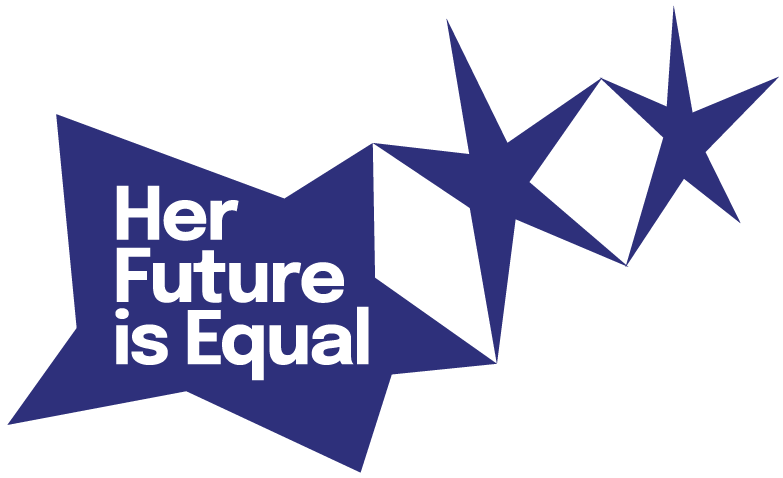June 2020: Prostitution and covid-19
Securing rights and needs for women and girls affected by prostitution under COVID-19
Partners of the campaign Brussels’ Call: Together for a Europe Free from Prostitution call on all European Institutions and Member States to take action now to support all those affected by prostitution through all lockdown and de-confinement measures.
Partners of the campaign Brussels’ Call: Together for a Europe Free from Prostitution call on all European Institutions and Member States to take action now to support all those affected by prostitution through all lockdown and de-confinement measures.
Statement June 2020
Right now, women and girls affected by prostitution are some of the most at-risk due to isolation, lockdown policies, lack of safe housing, healthcare inaccessibility and lack of legal migrant status. Yet many political voices have remained silent about the needs of the vulnerable, instead choosing to focus on big businesses, economic protection, and the wellbeing of the most socially privileged. This must stop now.
In recent months the world has been rocked by the COVID-19 pandemic, with countries, communities, social and professional spaces brought to a halt. While this virus has brought many challenges for parts of the population who have never faced real isolation or blocks to their participation in public life, it has served to only highlight how such marginalisation and exclusion is the norm for so many less visible groups across Europe.
Women and girls affected by prostitution represent one of the most isolated and marginalised groups, even though they are in every town and city in the EU. Whether due to sex, migrant background, age, disability, class or the daily violence and control experienced, those in the system of prostitution are traditionally blocked from accessing the social supports the rest of the population can easily find. This lack of access has only been deepened by the coronavirus, even though we have seen so much visibility about other social issues such as domestic violence, education, healthcare funding etc. The policies and protections put in place have not considered the specific context and needs of women in prostitution.
As partners of the Brussels’ Call, we recognise the inherent violence and inequality that exists in prostitution. We challenge political decision makers to take all required steps to prioritise this population in their policy development, through:
Anyone presenting for health, housing or core financial supports will receive amnesty for any issue regarding migration status
Provision of emergency financial supports and housing to all those who seek it
Active outreach by justice services to those at risk of exploitation, to provide supports as required
Provision of specific resources to programmes and organisations providing practical and legal support to women and girls affected by prostitution
Ensure no one risks eviction throughout the deconfinement period, and shelter spaces are available to all victims of domestic or sexual violence, to prevent risk of entry into the sex trade
Ensure specific harm reduction, health and exit programmes are available to all women and girls affected by prostitution
Target those responsible for the continuation of the sex trade through legislative and penal accountability: ‘buyers’, pimps and traffickers.
ENDS
For further information, please contact:
Catríona Graham
catriona.graham[at]womenlobby[dot]org



